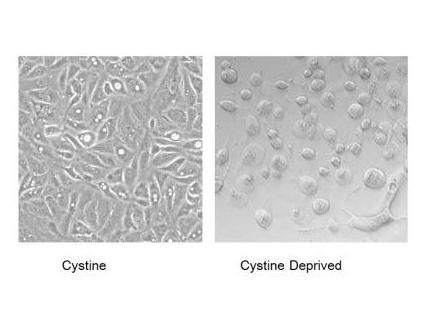Merck and Pfizer receive FDA approval for kidney cancer therapy
BAVENCIO® (avelumab) plus Axitinib Combination for Patients with Advanced Renal Cell Carcinoma
Merck and Pfizer Inc. announced that the US Food and Drug Administration (FDA) has approved BAVENCIO® (avelumab) in combination with axitinib for the first-line treatment of patients with advanced renal cell carcinoma (RCC). This is the first FDA approval for an anti-PD-L1 therapy as part of a combination regimen for patients with advanced RCC. The approval of BAVENCIO in combination with axitinib was based on positive results from the Phase III JAVELIN Renal 101 study (NCT02684006), in which the combination significantly improved median progression-free survival (PFS) compared with sunitinib by more than five months in the intent-to-treat (ITT) patient population (HR: 0.69 [95% CI: 0.56–0.84]; 2-sided p-value=0.0002; median PFS for BAVENCIO in combination with axitinib: 13.8 months [95% CI: 11.1-NE]; sunitinib: 8.4 months [95% CI: 6.9-11.1]). The ITT population included patients regardless of PD-L1 expression and across IMDC (International Metastatic Renal Cell Carcinoma Database) prognostic risk groups (favorable 21%, intermediate 62% and poor 16%).
“As we look to continue to improve outcomes for people with advanced RCC, new treatment approaches have the potential to benefit patients,” said Robert J. Motzer, M.D., Jack and Dorothy Byrne Chair in Clinical Oncology, Memorial Sloan Kettering Cancer Center, New York, US, and principal investigator for JAVELIN Renal 101. “With today’s FDA approval of avelumab in combination with axitinib, we can now offer patients with advanced RCC a first-line treatment option that combines a PD-L1 immunotherapy with a well-known VEGFR TKI to provide a significant reduction in the risk of disease progression or death and doubling of the response rate compared with sunitinib.”
“A kidney cancer diagnosis is life-changing for both patients and their loved ones, and having a treatment strategy for their disease quickly becomes a priority,” said Dena Battle, President, KCCure. “The approval of new treatments such as BAVENCIO in combination with axitinib gives patients with advanced RCC much-needed options.”
“Today’s approval of BAVENCIO in combination with axitinib builds on Pfizer’s long heritage in bringing innovation to the RCC community with the hopes of making a significant and meaningful impact on the lives of patients,” said Andy Schmeltz, Global President, Pfizer Oncology. “For more than 12 years, Pfizer has led the field in its commitment to developing new treatments for patients with advanced kidney cancer.”
“With today’s FDA approval of BAVENCIO in combination with axitinib, we feel privileged that we can offer patients with first-line advanced renal cell carcinoma a new treatment option,” said Rehan Verjee, President of EMD Serono, Merck’s Biopharma business in the US, and Global Head of Innovative Medicine Franchises, Merck.
In JAVELIN Renal 101, the objective response rate (ORR) was doubled in the ITT population with BAVENCIO in combination with axitinib versus sunitinib (51.4% [95% CI: 46.6-56.1] vs. 25.7% [95% CI: 21.7-30.0]). With a median overall survival (OS) follow-up of 19 months, data for the trial’s other primary endpoint of OS were immature, with 27% of deaths in the ITT population, and the trial is continuing as planned. The most common adverse reactions (≥20%) were diarrhea, fatigue, hypertension, musculoskeletal pain, nausea, mucositis, palmar-plantar erythrodysesthesia, dysphonia, decreased appetite, hypothyroidism, rash, hepatotoxicity, cough, dyspnea, abdominal pain and headache. Serious adverse reactions occurred in 35% of patients receiving BAVENCIO in combination with axitinib. The incidence of major adverse cardiovascular events (MACE) was higher with BAVENCIO in combination with axitinib versus sunitinib. Findings from the study have been published in The New England Journal of Medicine.
The European Medicines Agency (EMA) validated the Type II variation application for BAVENCIO in combination with axitinib in advanced RCC in March 2019, and a supplemental application for BAVENCIO in combination with axitinib in unresectable or metastatic RCC was submitted in Japan in January 2019. The combination of BAVENCIO and axitinib is only approved for the first-line treatment of advanced RCC in the United States.
Original publication
Motzer R, et al.; "Avelumab plus Axitinib versus Sunitinib for Advanced Renal Cell Carcinoma. The New England Journal of Medicine"; 2019;380:1103-1115.























































